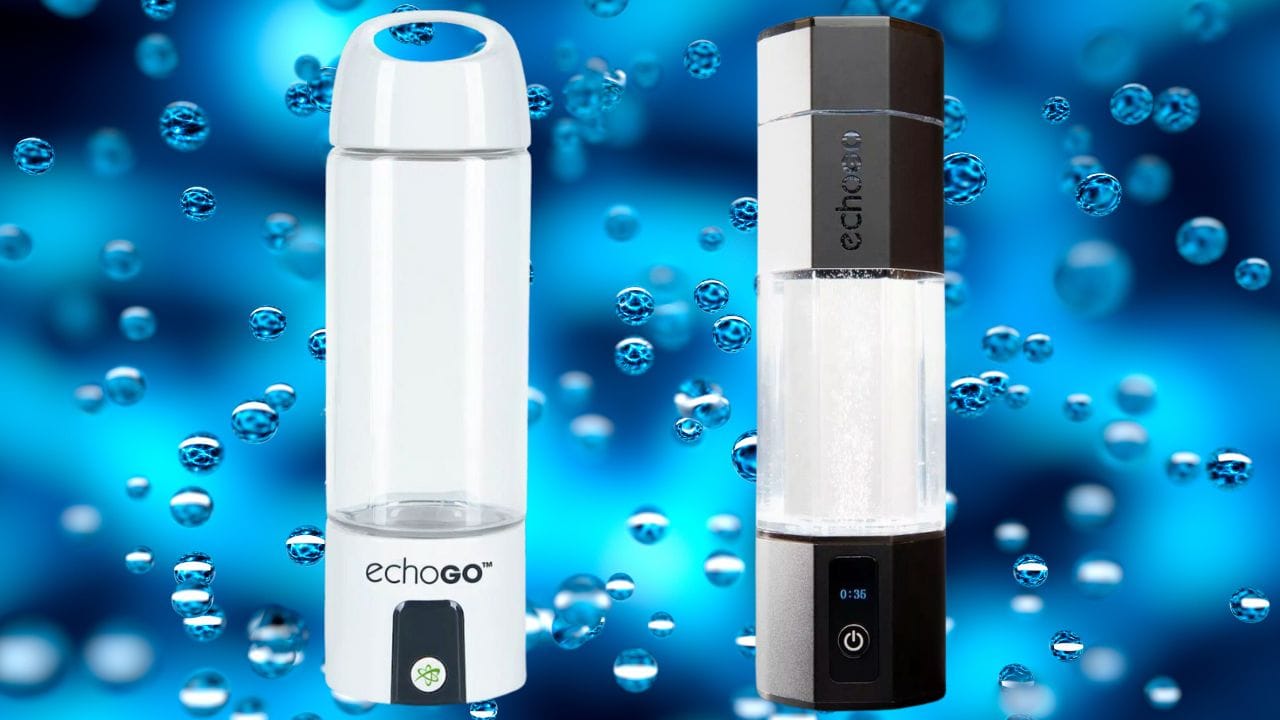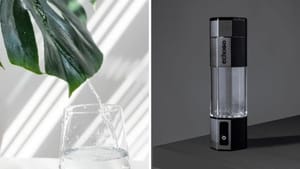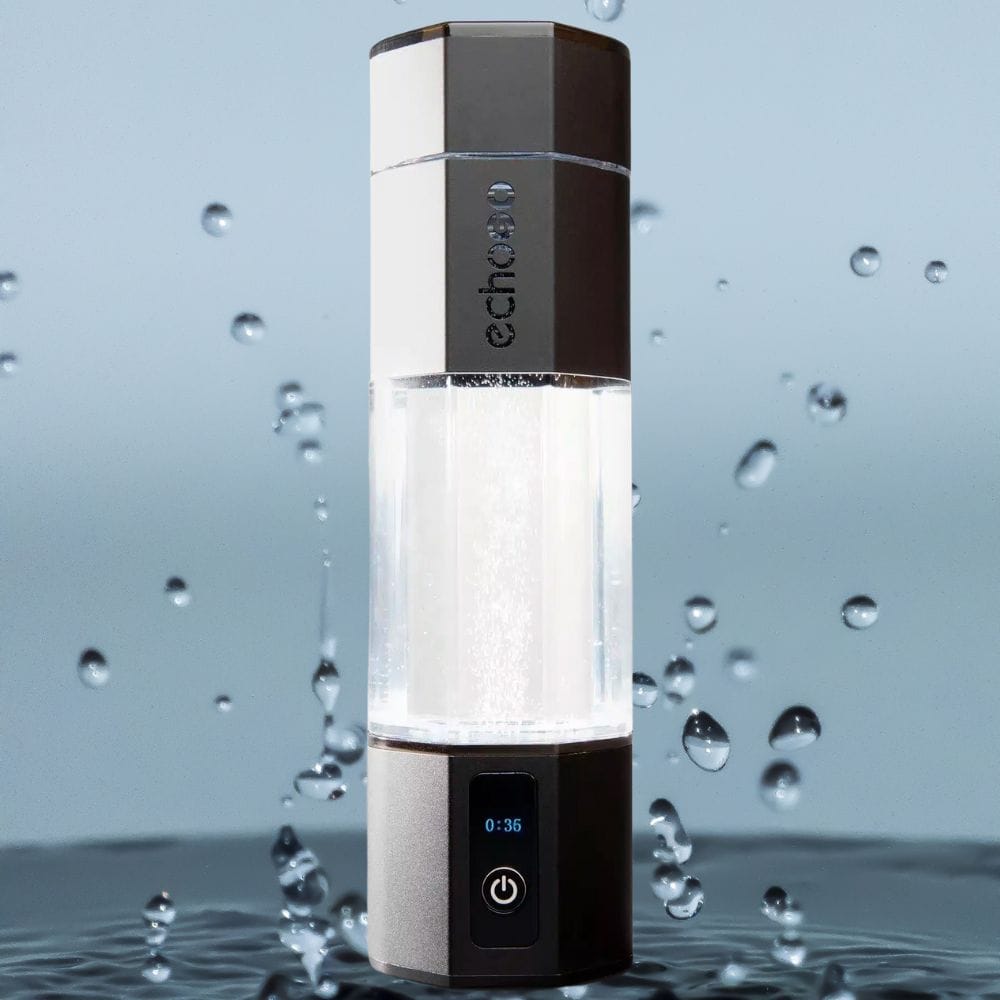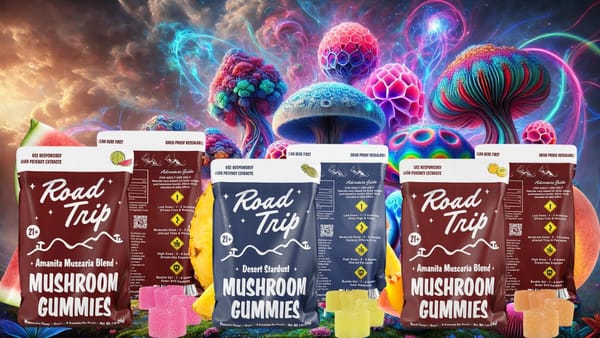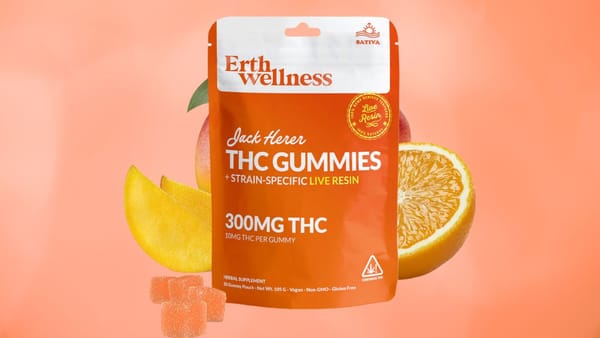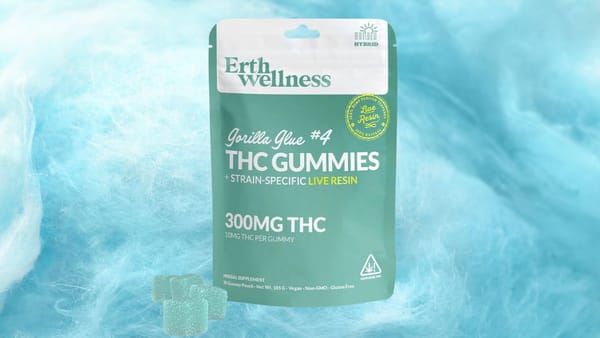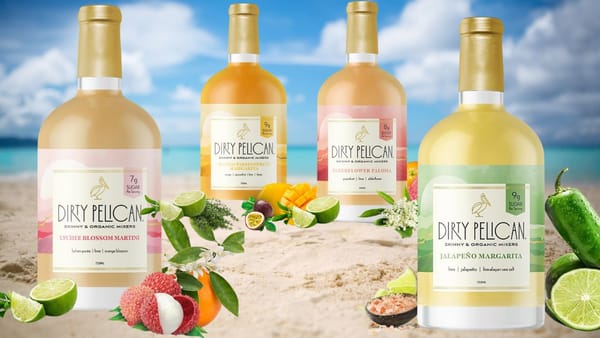Key Takeaways:
- Understanding the feasibility of using tap water to produce hydrogen-rich water.
- The impact of water quality on hydrogen production and health benefits.
- The importance of the electrolysis process and the role of catalysts in generating hydrogen water.
Hydrogen water has been gaining traction as a healthful drink, boasting a plethora of benefits from reducing inflammation to slowing down the aging process. But with the rise in interest, many are left wondering: can I use tap water to make hydrogen water? This review delves into the science behind hydrogen water production and the suitability of tap water for this purpose.
The Basics of Hydrogen Water
Hydrogen water is simply regular water that has been infused with additional hydrogen gas. The health claims associated with drinking hydrogen water are linked to the antioxidant properties of molecular hydrogen. These properties are said to neutralize harmful effects caused by oxidative stress in the body. But the question remains, can regular tap water serve as a starting point for hydrogen-rich water?
Tap Water: A Suitable Candidate?
Tap water, or potable water, is the most readily available form of water for most households. It contains various minerals and other elements that are essential for hydration and health. However, when it comes to producing hydrogen water, the presence of these minerals and elements can affect the hydrogen concentration and the overall quality of the end product.
The Role of Electrolysis in Hydrogen Production
The electrolysis process is the most common method used to generate hydrogen water. This process involves passing an electric current through water to separate hydrogen molecules from oxygen. The quality of the supplied water reacts significantly with the electrodes and can influence the efficiency of hydrogen production. But does tap water meet the necessary purity standards for this process?
The Importance of Water Purity
For the electrolysis process to work effectively, the water used must have a certain level of purity. Distilled water is often preferred because it is free from minerals and contaminants that could interfere with the reaction. In contrast, tap water's mineral content and potential contaminants might pose a challenge for hydrogen production.
Catalysts: Enhancing Hydrogen Production
Researchers have been exploring the use of catalysts to improve the efficiency of hydrogen production. A new catalyst discovered could potentially allow for the use of less pure water sources, like tap water, by reducing the energy required for the reaction and increasing the hydrogen yield. However, the practical application of such catalysts is still under investigation.
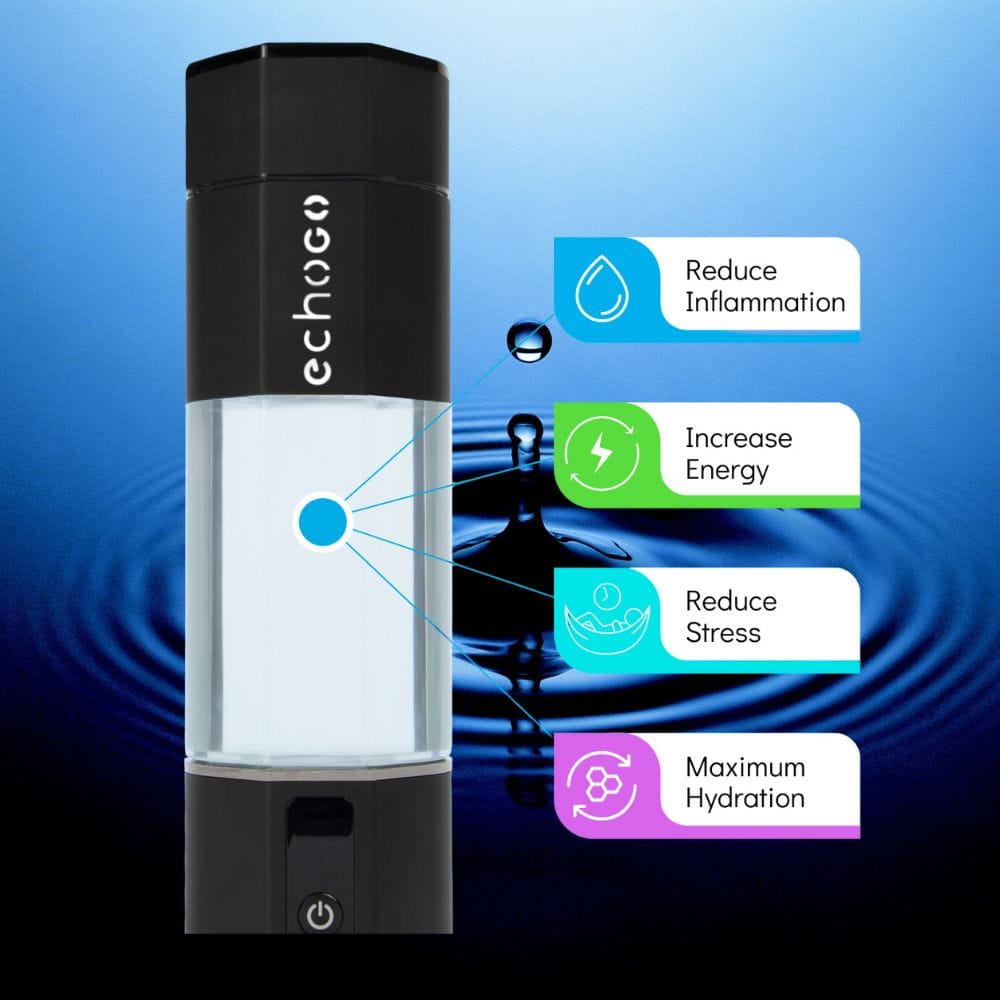
The Science Behind Hydrogen Rich Water
The quest for optimal health has led to a surge in the consumption of hydrogen rich water, believed to be a panacea for various health issues. Research into this phenomenon has revealed that hydrogen, being the lightest and most abundant element in the universe, has the potential to act as a selective antioxidant. This means it can target and neutralize the most harmful free radicals in our body, potentially reducing oxidative stress and inflammation. Additionally, hydrogen rich water is produced through a reaction that infuses hydrogen gas into drinking water, offering a unique combination of benefits not found in normal drinking water.
The production of hydrogen rich water often involves a fuel cell or a membrane that allows hydrogen gas to dissolve into the water under pressure. This process is akin to how dark matter materials interact with the cosmos—elusive yet fundamentally transformative. The reaction stops once the saturation point is reached, ensuring that the concentrations of hydrogen remain at an optimal level. The difference in the oxidation reduction potential (ORP) between regular tap water and hydrogen rich water is a testament to the latter's enhanced antioxidant properties. The data supporting these claims continues to grow, as does the interest in how drinking hydrogen rich water can contribute to overall well-being.
The Environmental Impact of Hydrogen Water Production
When considering the production of hydrogen water, it's crucial to present the environmental implications of the process. The electrolysis of water, which separates hydrogen ions from oxygen, can be energy-intensive, especially if the electricity used is derived from non-renewable sources. However, advancements in technology are shedding light on more sustainable methods. For instance, using renewable energy sources like solar or wind to power electrolysis could significantly reduce the carbon footprint associated with hydrogen water production. This green approach not only aligns with global sustainability goals but also appeals to eco-conscious consumers who are mindful of their environmental impact while consuming health-related products.
Moreover, the use of tap water as a starting point for hydrogen water production can be seen as an environmentally friendly option. By utilizing existing water supply systems, we avoid the need for additional plastic packaging that is often associated with bottled water. This reduction in plastic waste is a compelling argument for those advocating for a cleaner planet. It's essential to consider the lifecycle of the product, from the ions being split in the electrolysis process to the light footprint it leaves behind. As consumers become more environmentally aware, the demand for sustainable health products like hydrogen water is likely to increase, making the case for tap water-based hydrogen water even stronger.
Innovations in Hydrogen Water Technology
In the realm of hydrogen water, innovation is key to enhancing the consumer experience and maximizing health benefits. Cutting-edge technologies are being developed to optimize the dissolution of hydrogen ions in water, ensuring that the final product is both effective and convenient for daily consumption. One such innovation includes the use of nano-bubble technology, which allows for a higher saturation of hydrogen in water, making it more potent and beneficial for the user. These advancements not only improve the quality of hydrogen water but also make the process more efficient, which can be a game-changer for those looking to integrate hydrogen water into their lifestyle.
Furthermore, the introduction of portable hydrogen water bottles has revolutionized the way we consume this healthful beverage. These bottles often come with built-in electrolysis capabilities, allowing users to produce hydrogen-rich water on the go. This convenience factor is a significant selling point, as it eliminates the need for bulky home setups and encourages consistent consumption of hydrogen water throughout the day. With the promise of light, portable, and user-friendly devices, the market for hydrogen water is expanding, catering to a growing demographic of health-conscious individuals who value both wellness and convenience.
Hydrogen Water and Lifestyle Integration
Incorporating hydrogen rich water into one's daily routine is becoming increasingly popular among health-conscious individuals. The convenience of having a hydrogen bottle or a home production system means that one can enjoy the benefits of this enhanced liquid without a significant wait. Whether it's a glass in the morning to kickstart the day or a tank of hydrogen rich water to sip on during a workout, the ease of integration into daily life is undeniable. The air of mystery surrounding the health benefits of hydrogen water only adds to its allure, prompting more people to make the switch from conventional drinking water.
The alkaline nature of hydrogen rich water is another aspect that has piqued the interest of many. While the body naturally maintains a balance between acidity and alkalinity, the consumption of alkaline liquids is thought to aid in this process. The combination of a balanced pH and the presence of molecular hydrogen could be a powerful duo for maintaining health. As more research emerges, the narrative around hydrogen water is likely to evolve, but for now, it presents a compelling case for those looking to optimize their hydration habits. With every sip, consumers are participating in a larger experiment, one that could redefine the standards of drinking water.
Oxidation-Reduction Potential (ORP) and Hydrogen Water
The oxidation-reduction potential is a measure of water's ability to either release or accept electrons during chemical reactions. Hydrogen-rich water typically has a negative ORP, indicating its antioxidant properties. The ORP of tap water can vary greatly, which may affect its suitability for hydrogen water production.
Hydrogen Concentration: Quality Over Quantity
The therapeutic benefits of drinking hydrogen water are linked to the hydrogen concentration. While it is possible to produce a small amount of hydrogen gas in tap water, achieving the optimal concentration for health benefits may require more controlled conditions than what tap water can offer.
Hydrogen Bottles and At-Home Production
The market has seen a rise in hydrogen bottles and at-home kits designed to produce hydrogen water. Many of these devices are intended for use with regular water, but the fine print often recommends starting with distilled or purified water to ensure the highest hydrogen concentration and avoid damaging the device.
The Cost of Convenience
While it may be tempting to use tap water for its convenience and cost-effectiveness, the potential reduction in hydrogen water quality and the risk of damaging electrolysis equipment must be considered. Investing in purified water could be a more cost-effective choice in the long run, ensuring consistent hydrogen production and safeguarding health benefits.
Health Benefits: Are They Compromised?
Drinking hydrogen water has been associated with numerous health benefits, including the ability to reduce inflammation and combat the aging process. If tap water is used and the hydrogen concentration is insufficient, these benefits may not be fully realized, raising questions about the effectiveness of using tap water for this purpose.
The Verdict on Tap Water and Hydrogen Water
In conclusion, while it is technically possible to use tap water to make hydrogen water, the quality and effectiveness of the end product may be compromised. For those serious about reaping the full benefits of hydrogen-rich water, starting with distilled or purified water is the recommended approach.
Summary
The quest to produce hydrogen-rich water using tap water is fraught with challenges. While tap water is a convenient and cost-effective option, its mineral content and potential contaminants can hinder the electrolysis process and reduce the hydrogen concentration in the final product. The use of catalysts and advanced technology may offer some solutions, but for now, distilled or purified water remains the gold standard for producing high-quality hydrogen water with maximum health benefits.
The information presented in this document is purely for educational purposes and should not be construed as medical advice. While every effort has been made to ensure the accuracy and reliability of the information provided, all health-related decisions should be made in consultation with a qualified healthcare professional. The author does not take any liability for the health decisions made by the reader.
How We Choose
Our team has spent hours researching through thousands of user reviews and star ratings for the best products on the market. We take into account factors such as quality, durability, performance, sustainability, and affordability when recommending products to our readers. We strive to find the best options that meet everyone’s needs - even those on a budget!
We hope this product may be your next special! This product was independently selected by our editors. Good Guru Reviews may collect a share of sales or other compensation from the links on this page if you decide to buy something (at no additional cost to you, that's how we stay in business). Enjoy finding your next special item with us!
FAQ Section
Q: Can I use tap water to make hydrogen water?
A: Yes, you can use tap water to make hydrogen water, but the quality and hydrogen concentration may be lower than if you use distilled or purified water.
Q: What are the benefits of drinking hydrogen water?
A: Drinking hydrogen water is said to offer benefits such as reducing inflammation, providing antioxidant properties, and potentially slowing the aging process.
Q: Is it necessary to invest in a hydrogen water bottle or machine?
A: While not strictly necessary, investing in a hydrogen water bottle or machine can ensure higher hydrogen concentration and quality, especially if the device is designed to work with less pure water sources.


